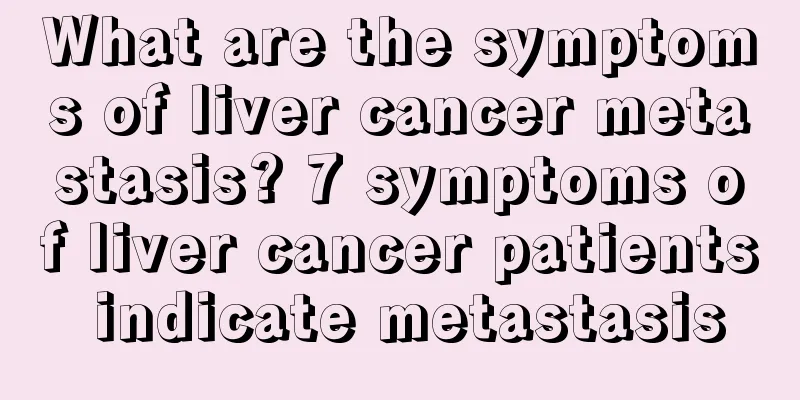How to treat gastric bleeding caused by gastric cancer

|
The incidence of gastric cancer complicated with bleeding is about 30%, of which major bleeding is 7% to 9%. Gastric cancer complicated with bleeding is easily misdiagnosed as ulcer bleeding. In addition to the most common diseases such as ulcer disease and rupture of esophageal varices, patients with gastric bleeding should also consider the possibility of gastric cancer bleeding. The treatment of gastric cancer bleeding combined with hemorrhagic shock is first to stop the bleeding urgently, followed by the treatment of gastric cancer. Surgery is the main method for treating gastric cancer combined with bleeding. Preoperative preparation is more important for such patients, because most patients with gastric cancer bleeding cannot eat normally before surgery, have poor nutrition, anemia, and low protein. Therefore, patients should be given a high-protein diet, albumin, plasma, and fluid infusion before surgery to enable the body to quickly improve its functional state, which is conducive to the safe conduct of anesthesia and surgery, as well as smooth recovery after surgery. For patients with gastric cancer and massive bleeding, the first thing to do is to quickly replenish blood volume, maintain and stabilize circulation to prevent shock. Prompt and rapid blood transfusion to patients with massive bleeding is an effective measure to increase effective circulating blood volume and improve circulation. The condition should be closely observed during treatment. For patients with large amounts of blood loss, the main focus should be on saving lives and timely blood transfusion. For elderly patients, attention should be paid to the functions of important organs such as the heart, brain, lungs, and kidneys. Fiber gastroscopy and treatment under direct gastroscopy were once recognized as the preferred methods for the diagnosis and treatment of upper gastrointestinal bleeding, but they are often limited to patients with gastric cancer who are bleeding heavily. Currently, gastrointestinal bleeding can be examined and treated by transcatheter arterial intervention. This method has the characteristics of less trauma and rapid and reliable hemostatic effect. In recent years, it has become a commonly used hemostatic method. |
<<: Preoperative preparation for laparoscopic rectal cancer surgery
>>: How to provide psychological counseling for patients with gastric cancer
Recommend
Can honey be added to mung bean paste
Mung bean paste is a kind of food that many peopl...
Is it helpful to apply toothpaste if there is gum stuck on your hair?
I believe everyone is familiar with the snack cal...
How can I clean the oil stains on clothes?
For new mothers, a common problem that occurs whe...
How to care for teratoma
Teratoma sounds like a scary name, but in fact it...
I keep burping and want to vomit
There is a folk saying that when someone has hicc...
It turns out that hypoglycemia aphasia is caused by such factors
Hypoglycemia is a common phenomenon in daily life...
Why are there tooth marks on the tongue?
The tongue is the window to our spleen and stomac...
What to do if Huang Feng bites and it becomes red and swollen
Wasps generally do not hurt people easily, but if...
Can late stage nasopharyngeal carcinoma be cured? How to take care of it?
There are many types of cancer, and nasopharyngea...
Steps to remove scale from a water boiler
The scale problem can be hidden in many places. A...
Experts tell you the high-risk factors that induce lung cancer
According to recent surveys and statistics, 600,0...
How long can a blood transfusion last
Blood is a liquid that flows throughout the human...
Brief analysis of four common symptoms of lung cancer
Lung cancer is a malignant tumor with very seriou...
Tips for unclogging a bathroom drain clogged with hair
In modern urban life, due to the fast pace of lif...
What should I do if I am allergic to high protein?
Although protein is a very important substance in...









